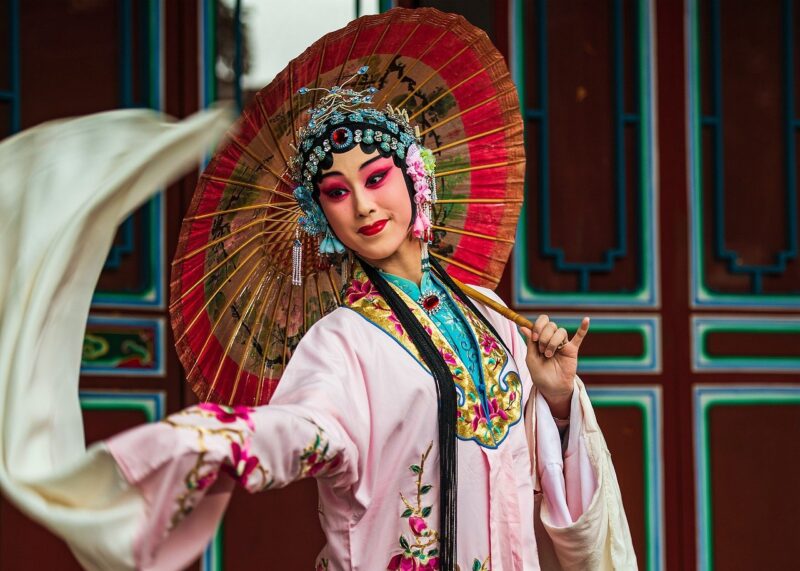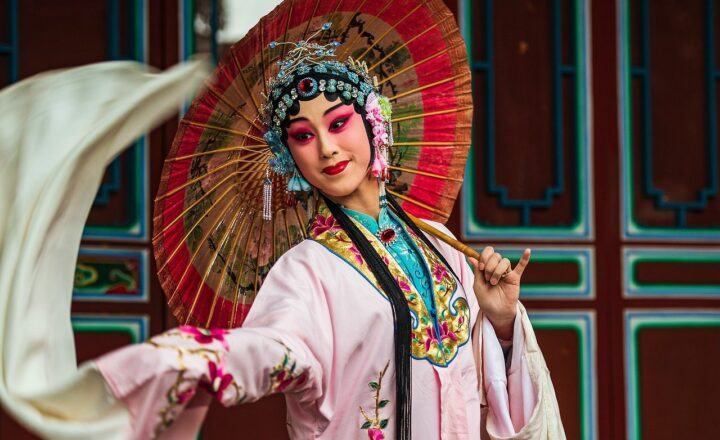
The 2010s were a rollercoaster ride of change, innovation, and cultural evolution. From viral internet trends to blockbuster movies, this decade will be remembered as a pivotal point in pop culture history. In this article, we’ll dive deep into the defining moments of the 2010s and explore how they shaped the entertainment landscape as we know it today.
1. The Rise of Streaming Services
The decade began with a significant shift in how we consumed media. Traditional cable television faced unprecedented competition from streaming platforms. Netflix, which originally started as a DVD rental service, transformed into a global powerhouse with original content such as *House of Cards* and *Stranger Things*. Other platforms like Hulu, Amazon Prime Video, and Disney+ rapidly followed suit, creating a landscape where binge-watching became a common norm.
This shift not only changed viewer habits but also gave rise to the concept of “peak TV,” where audiences faced a plethora of choices, with over 500 scripted series available by the end of the decade.
2. Social Media Influencers: The New Celebrities
As traditional celebrity status was being redefined, social media emerged as a powerful tool for influence. Platforms like Instagram, Twitter, and YouTube gave birth to a new generation of celebrities known as influencers. Figures like Kim Kardashian, PewDiePie, and Kylie Jenner became household names, using their platforms to reach millions.
Influencers reshaped marketing strategies, leading brands to invest heavily in partnerships and sponsorships. By the end of the decade, influencer marketing had become a billion-dollar industry, proving the significant impact of social media on pop culture and consumer behavior.
3. The Dominance of Superhero Films
The 2010s was undoubtedly the decade of the superhero movie. Marvel’s cinematic universe dominated the box office with films like *The Avengers*, *Black Panther*, and *Avengers: Endgame*, the latter of which became the highest-grossing film of all time. The genre expanded from comic book pages to mainstream cinema, breaking records and reshaping how films were produced and marketed.
DC Comics also joined the conversation with films like *Wonder Woman* and *Aquaman*, further cementing the superhero genre’s dominance in pop culture. This evolution not only showcased technological advancements in filmmaking but also sparked discussions about representation and diversity in mainstream cinema.
4. Viral Challenges & Memes
The advent of social media also paved the way for viral challenges and memes that captivated audiences worldwide. From the *Ice Bucket Challenge* aimed at raising awareness for ALS to the *Mannequin Challenge*, social media users became both participants and spectators in a never-ending cycle of creativity and engagement.
Memes like “Distracted Boyfriend” and “Woman Yelling at a Cat” illustrated the power of humor in communicating complex ideas and emotions. The rapid sharing and remixing of these cultural artifacts highlighted how humor had become a universal language in the digital age.
5. Political Pop Culture: A New Era of Activism
Politics and pop culture blended like never before in the 2010s. Movements such as *Black Lives Matter* and *Me Too* gained momentum, turning social media into a platform for activism and awareness. Celebrities like Taylor Swift and Lena Dunham used their platforms to voice political opinions, encouraging fans to engage in social issues.
Television shows like *Saturday Night Live* and late-night talk shows became hotbeds for political commentary, expertly blending humor with criticism. This synergy between pop culture and politics demonstrated how entertainment could serve as a powerful tool for change.
6. The Return of Nostalgia
The 2010s were marked by a palpable sense of nostalgia as numerous reboots and remakes took over television and cinema. From *Stranger Things* drawing inspiration from 80s pop culture to the return of shows like *Fuller House* and *The X-Files*, the decade embraced and celebrated its past.
This wave of nostalgia not only catered to older audiences but also introduced younger generations to iconic cultural moments. The blend of old and new helped create a comforting familiarity in a rapidly changing world, highlighting the enduring power of nostalgia in shaping pop culture.
Conclusion: A Decade of Transformation
The 2010s proved to be a landmark decade in pop culture, characterized by the rise of digital media consumption, new forms of celebrity, and innovative storytelling. As we reflect on these moments, it’s clear that this decade not only entertained but also engaged and inspired change in countless ways.
As we move into the next decade, the cultural innovations and shifts of the 2010s will undoubtedly continue to influence how we experience and interact with pop culture in the future.






